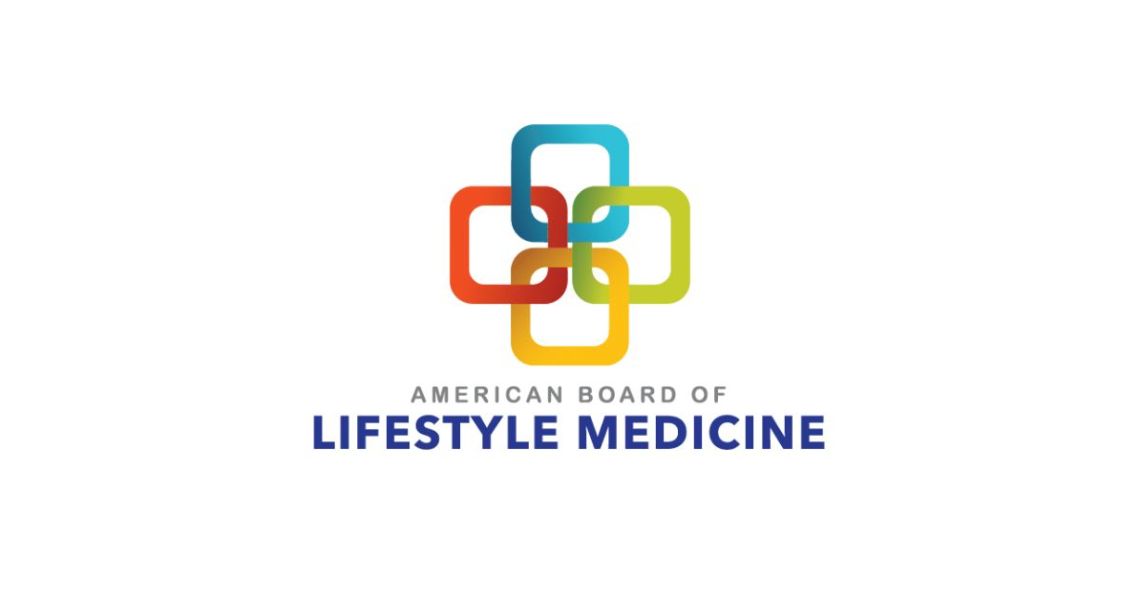The Master of Science in Health Sciences (MSHS) in Integrative Medicine Programs at the GW School of Medicine and Health Sciences was recognized by the American Board of Lifestyle Medicine (ABLM), which sets and maintains standards for assessment and credentialing of physicians, and the American College of Lifestyle Medicine (ACLM) that sets and maintains standards for assessment and credentialing of health professionals in Lifestyle Medicine.
Physician graduates of the MSHS in Integrative Medicine (INTM) fellowship program will now be eligible to take the Lifestyle Medicine certification exam administered by the American Board of Lifestyle Medicine (ABLM). Health professionals who complete the 3-credit course INTM 6201 Foundations of Integrative Medicine will now be eligible for the lifestyle medicine certification exam through the ACLM with just 30 hours of additional training via ACLM, which includes a 30-hour online course such as the Foundations of Lifestyle Medicine. ACLM also will provide a certificate of waiver, equal to the 20-hour event CME prerequisite, to sit for the ACLM certification exam for students who successfully complete the approved GW course, removing time, travel, and cost barriers toward certification in lifestyle medicine for health professionals.
The GW INTM MSHS program recently became the first degree-granting program to earn recognition by the ABLM for physicians, following an extensive curriculum review.
ABLM outlined an educational pathway for physicians in training to prepare them for the Lifestyle Medicine certification exam when they graduate. The physician pathway includes 100 hours of didactic education, application of the principles to patient care through practicum requirements, and completion of a 30-hour online course such as the Foundations of Lifestyle Medicine. ABLM certification of GW’s MSHS means the program curriculum with the added fellowship exceeds those rigorous standards.
“GW is the first program to go through this new Educational Equivalency Pathway certification process for physicians,” said ABLM Board Member Brenda Rea, MD, DrPH, PT, RDN, DipABLM, and a lifestyle medicine intensivist at Loma Linda University Health and medical director of education for ACLM.
Physician graduates of the INTM fellowship will have the opportunity to complete all the equivalency requirements during training, making them eligible for the ABLM certification exam upon graduation.
“It feels triumphant,” said Leigh A. Frame, PhD, MHS, CERT ’20 executive director of the Office of Integrative Medicine and Health, and associate director of the GW Resiliency & Well-being Center, about the three-year process. “The ABLM and ACLM could see our Master of Science in Health Sciences in integrative medicine is very much on the leading edge of what’s being done in medicine, and yet is firmly evidence-based.”
GW’s 36-credit online integrative medicine master’s program, which is accredited by the American Board of Integrative Medicine, focuses on many of the same core competencies found in the ABLM standards for physicians and ACLM standards for health professionals, including nutrition science, physical activity, restorative sleep, cessation of tobacco and other substances, as well as the key clinical processes such as the fundamentals of health behavior change, emotional and mental health assessment and intervention, and the role of connectedness and positive psychology.
The concepts underpinning lifestyle medicine, explains Frame, are absolutely the foundation of Integrative Medicine. “Integrative medicine is about working with the whole person, working with patients to figure out what the best evidence-based approach that is going to work for them. Lifestyle medicine perfectly complements traditional medicine training providing knowledge and skills to address the root causes of chronic disease.”
Students in GW’s INTM MSHS program learn how to generate whole-person, patient-centered care plans using the integrative medicine core competencies and evidence-based reports from advanced techniques and methods (genomics, proteomics, and metabolomics). They incorporate nutrition and metabolism fundamentals into patient-care plans, and apply clinical research practices to develop evidence-based integrative medicine patterns of care.
“I’m hoping this will be the added motivation that physicians and health professionals need to really carve out the time to complete our integrative medicine program,” said Frame. “For physicians, when you’re thinking about getting a master’s and you already have a doctorate, it’s not really going to add that much in terms of the credentials, but adding two additional board certifications is another story.”


